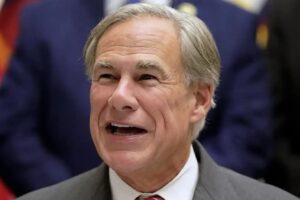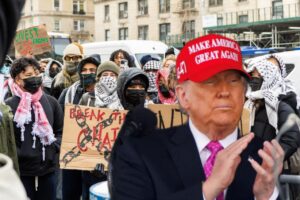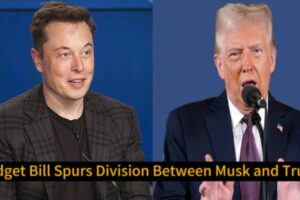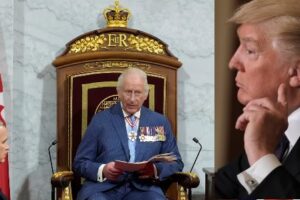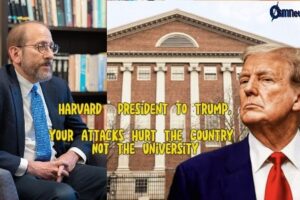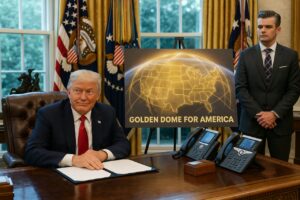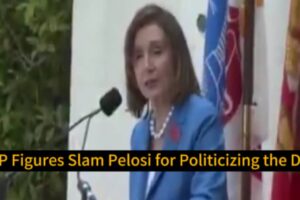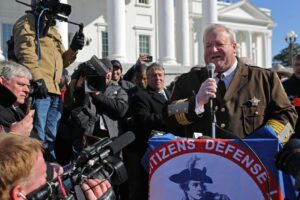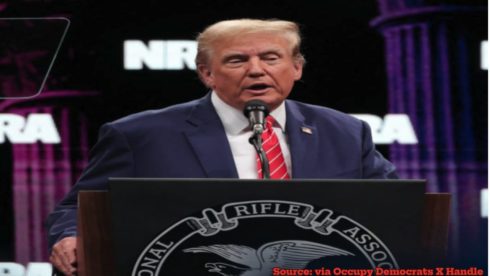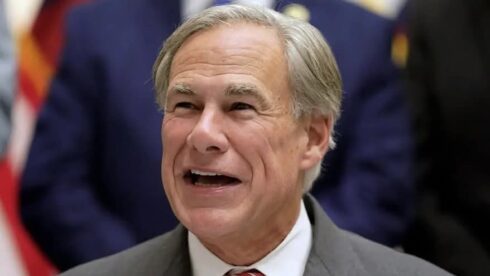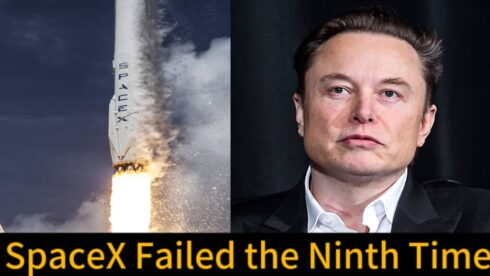Former President Donald Trump, who once implemented a controversial travel ban targeting Muslim-majority nations, may now find himself on the receiving end of travel restrictions following his felony conviction in New York. Trump was found guilty of 34 felony counts related to a “hush money” criminal trial, although Judge Juan Merchan, who presided over the case, has yet to impose any specific travel restrictions. Trump’s sentencing is scheduled for July 11, just days before the Republican National Convention, where he is expected to be formally nominated for the presidency.
Despite having no current international travel plans, Trump’s legal predicament could influence his ability to travel abroad. The United States, along with countries such as the U.K., Australia, Canada, and China, imposes strict entry restrictions on individuals with felony convictions. This could pose significant challenges for Trump, who is campaigning for a return to the White House and has three other criminal trials pending.
Global Entry Restrictions for Felons and Exceptions for Leaders
Countries like the U.K., Australia, and Canada have stringent policies preventing felons from entering, raising questions about Donald’s future travel prospects. Canada, for instance, which will host the G7 summit in 2025, has rigorous entry requirements for individuals with criminal records. China similarly bans entry to convicted felons, making international travel potentially complicated for the former president.
However, there are precedents for exceptions. When former President George W. Bush visited Canada, he required a special waiver due to a decades-old misdemeanor drunk driving conviction. This suggests that if Trump were to win the presidency again, international leaders might grant similar exceptions. The question remains whether such leniency would extend to someone with multiple felony convictions, as opposed to a single misdemeanor offense.
Trump’s Stance on Travel Bans and Immigration
As Trump continues his presidential campaign, he has reiterated his commitment to reinstating and expanding travel bans. Last year, he expressed intentions to reintroduce a travel ban “even bigger than before,” referencing his previous administration’s restrictions on travelers from several predominantly Muslim countries. In 2018, the Supreme Court upheld a version of Trump’s travel ban, with Chief Justice John Roberts affirming the president’s broad authority to regulate immigration in the interest of national security.
Trump’s tough stance on immigration and his portrayal of undocumented migrants as criminals have been consistent themes throughout his political career. In a 2017 interview, he emphasized his administration’s efforts to remove criminals from the country, a narrative he continues to push. As he awaits sentencing in the “hush money” case, Trump maintains his innocence and remains vocal about his willingness to do whatever it takes to “save our country and to save our Constitution,” underscoring his resolve to remain a significant political force despite his legal challenges.
Polarized Reactions and Political Implications
The trial and its outcomes have elicited polarized reactions across the political spectrum. Supporters of Donald, including prominent Republican figures, argue that the trial was a politically motivated attempt to undermine his candidacy. South Dakota Governor Kristi Noem expressed her support on social media, stating, “President Trump did nothing wrong, and even the liberal media knows it. The judge violated Trump’s constitutional rights and did everything in his power to get this outcome despite the clear evidence Trump was innocent.”
Conversely, critics of Donald view the conviction as a necessary step towards accountability and justice. They argue that the legal process upheld the rule of law and demonstrated that no one, not even a former president, is above it. This case has further deepened the divide within the American political landscape, with both sides using the verdict to bolster their narratives. The long-term implications of Trump’s conviction on his political career and the broader political discourse remain to be seen.


